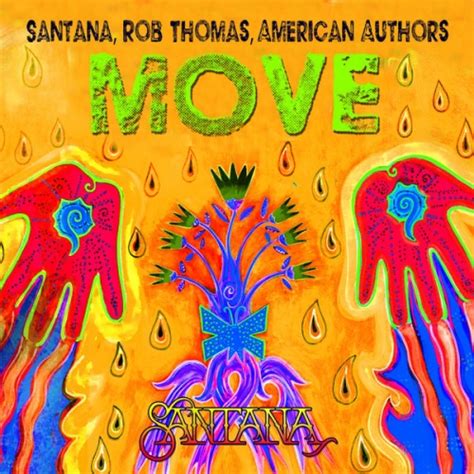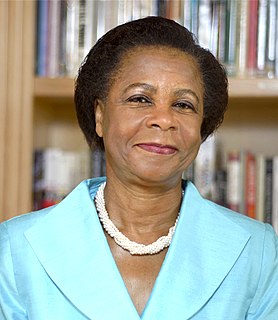A Quote by Adam Smith
The real tragedy of the poor is the poverty of their aspirations.
Quote Topics
Related Quotes
I had come to see that the great tragedy in the church is not that rich Christians do not care about the poor but that rich Christians do not know the poor...I truly believe that when the rich meet the poor, riches will have no meaning. And when the rich meet the poor, we will see poverty come to an end.
Poor people are bonsai people. There is nothing wrong in their seeds. Simply, society never gave them the base to grow on. All it needs to get the poor people out of poverty for us to create an enabling environment for them. Once the poor can unleash their energy and creativity, poverty will disappear very quickly.
One of the most durable successes of the war on poverty was to dramatically reduce the number of elderly poor in America. That's still true today. But, by contrast, child poverty has shot up over the last few years: A decade ago, about 16 percent of children in America were poor - which is a shockingly high percentage. But it's not as shocking as today, when we see that 22 percent of kids live in poverty.

































